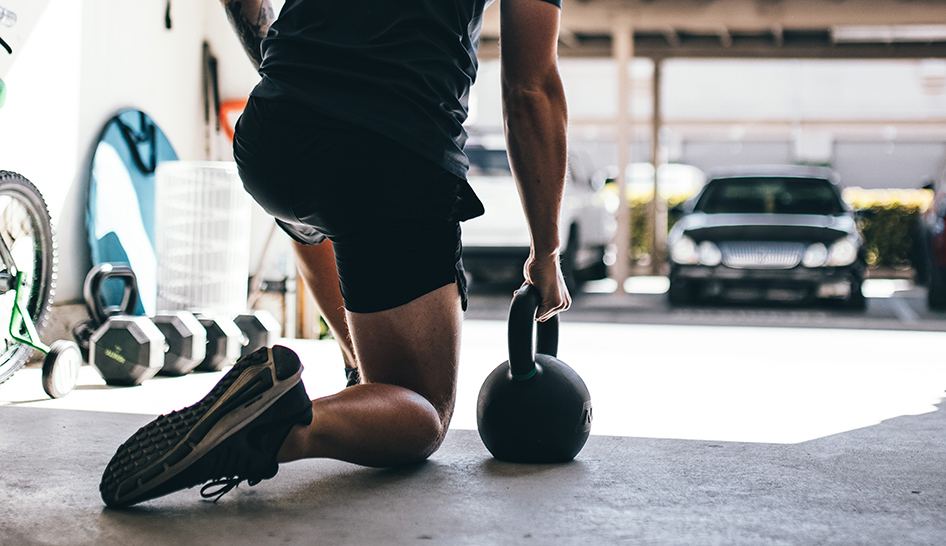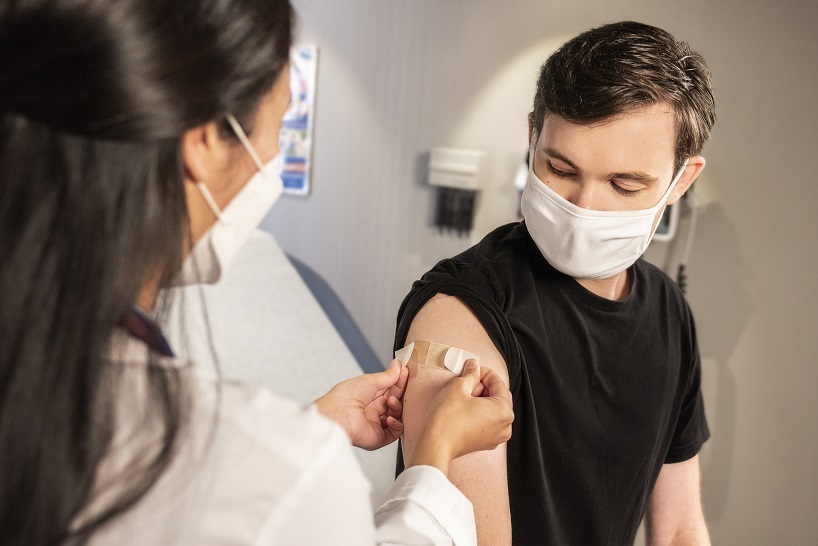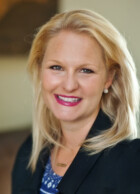Remote Work Relocation & Gyms
Due to the pandemic, many people have switched to working from home instead of the office, causing some to leave the big city and head for the suburbs and rural areas. Kooperman shared the numbers: 15-20% of people now work remotely, up from 5% before the pandemic. She added that there is concern over how many of those gym and health club members will return post-pandemic, and if home fitness equipment will replace memberships.
However, Kooperman said, because people are working from home and offices are closing, commercial real estate may be to our benefit. “All this commercial real estate is closing down, people are working more and more remotely, let’s snap it up, let’s open some more gyms,” Kooperman said.
Darden also added that gyms and fitness centers have always been the third place where people spent most of their time after home and work. Now, it seems as though gyms may be second place since people are now spending all their time at home and people are looking for a sense of community and socialization again.
Talks & Takes Quick Bites
Besides the top takeaways, hosts touched on a wide range of other topics. Here are the key points:
- Social Fitness Apps. McBride discussed the benefits of virtual fitness groups from a staff and member perspective. “The power of virtual apps and softwares are reducing barriers to not be inhibited,” he said. He also explained that we now have a tool to “connect with staff like we never have before. This is an opportunity to connect with like-minded members and trainers in different ways other than in person,” he said. The key takeaway is to not underestimate the power of virtual for productivity and relationship enhancements.
- State Level Legislation and the GYMS Act. McHaney led the topic on the state-level legislation and the GYMS Act. At the time of the Talks & Takes recording, the GYMS Act had 91 co-sponsors. That number has gone up to 104. McHaney reminded viewers the target is 200 co-sponsors. He mentioned that 22 states have zero co-sponsors. “Look at your state legislation and see what you can do. One of the things to be on top of is more local legislation,” he said. McHaney asked the panel what people can do locally to make sure they are in front of state level legislation and influence them. “IHRSA has a great history of fighting battles on a state level. Make sure you're connected with IHRSA, our dedicated staff is tracking these bills,” he said.
- Proof of Vaccine. Darden played an interview with FOX News and Chuck Runyon, CEO of Self Esteem Brands, who had a great message on the fitness industry and that while the industry does believe in the vaccine, the bigger picture is the need to get the country healthy again. Darden added that no matter where your local agencies are relating to mandating masks, physical distancing, and other safety measures, it’s still a good idea to continue enforcing safety protocols. He also agreed with Runyon on educating the public about leading a healthy lifestyle. “We just need to continue letting people know that if you're active and have a healthy lifestyle, you may be at a lower risk of a severe COVID case,” he said.
- Toss and Take. Kooperman asked the panel, “What will we toss away from the pandemic and what will we take with us post-pandemic?” Some of the things Kooperman believes will stick with us post-pandemic are virtual staff meetings, six-week weight loss programs, gym cleanliness, meal planning, and outside training. She also added she believes people will want to get out of the house and back into the office for work. Kooperman shared she also hopes pods and open-function rooms will go away. “Get rid of the pods, rip the screens off,” she said. Darden added that he thinks people will stick with the healthy lifestyle they developed during the pandemic.
Don’t miss the May edition of Talks & Takes.


